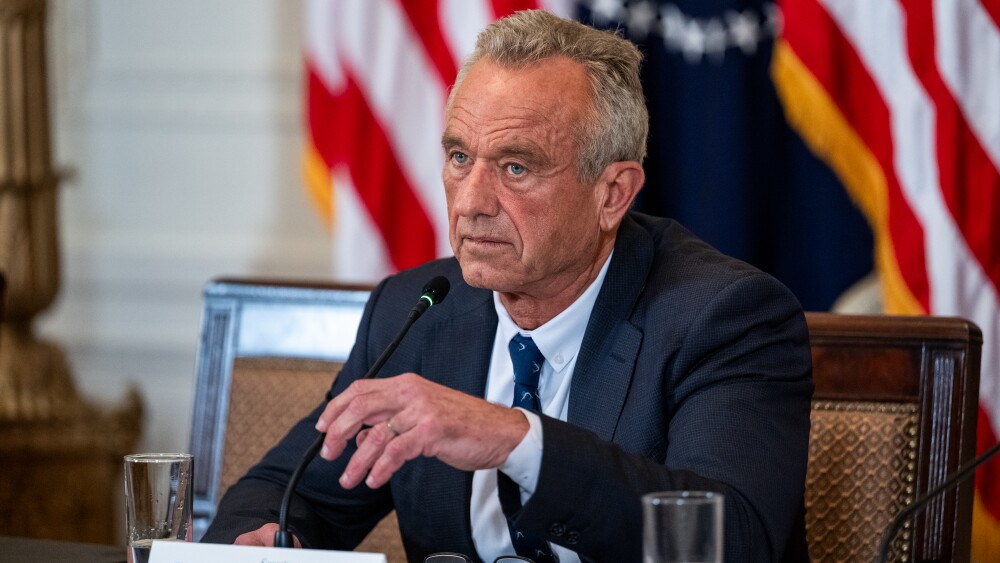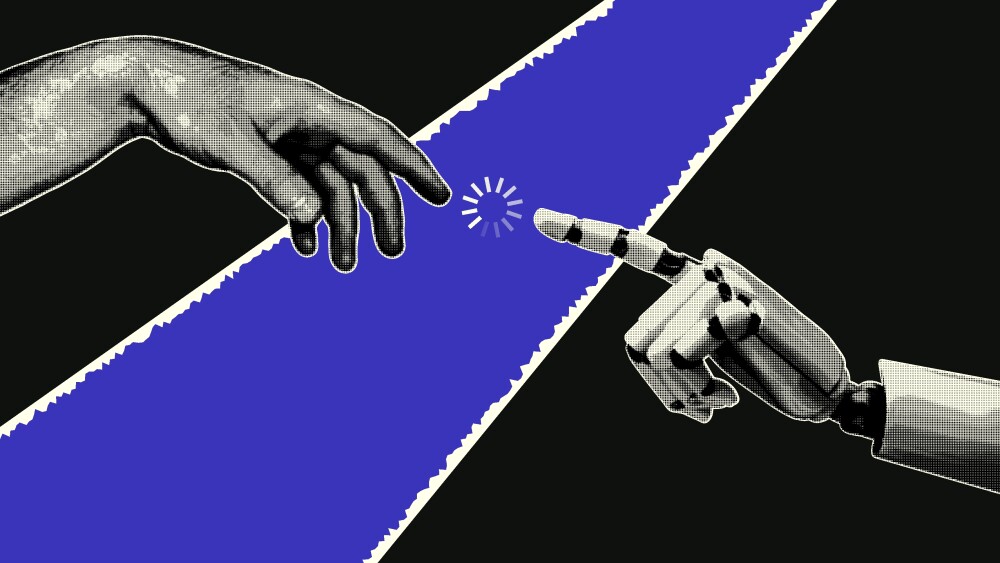April 7, 2016
By Mark Terry, BioSpace.com Breaking News Staff
That didn’t take long. Only a day after the Pfizer deal to buy Allergan (AGN) was officially terminated, Dublin-based Allergan announced it had entered into an agreement with Heptares Therapeutics, a wholly-owned subsidiary of Sosei Group Corporation, that could hit $3.3 billion. Heptares, founded in 2007, is headquartered in Hertfordshire, England.
Allergan is paying Heptares $125 million upfront for exclusive global rights to a portfolio of novel subtype-selective muscarinic receptor agonists for the treatment of several neurological disorders, including Alzheimer’s disease. Heptares may also receive up to $665 million tied to successful Phase I, II and III clinical trials and the launch of its first three licensed compounds for multiple indications. An additional $2.5 billion is linked to hitting specific annual sales milestones, and double-digit tiered royalties on net sales.
As part of the deal, Allergan is ponying up $50 million in research and development funds. The research will be performed jointly by the two companies with the goal of advancing several drug candidates through Phase II clinical trials. Once Phase IIb studies are started, Allergan will oversee the development, manufacturing and commercialization.
“Cognitive impairment and psychosis are progressive and debilitating symptoms associated with many CNS diseases, including Alzheimer’s disease, with few approved therapies available,” said David Nicholson, executive vice president and president, Global Brands Research and Development at Allergan, in a statement. “The Heptares M1 compounds have shown promising results in early development in their ability to selectively target the M1 receptor without also activating the M2 or M3 receptors, which are associated with undesirable side effects. We look forward to advancing these compounds into the next stages of development, and potentially adding new approaches to helping physicians treat patients suffering from the effects of Alzheimer’s disease, an area of medicine where Allergan remains committed to continued innovation.”
Allergan’s investment in CNS-related technologies is also notable because investors and analysts have been speculating that, with the $150 million breakup fee and another $40 billion from selling its generics business to Israel-based Teva , Allergan might acquire Cambridge, Mass.-based Biogen . Biogen is a leader in CNS-related drugs, a dominate player in the multiple sclerosis (MS) market with its blockbuster drug Tecfidera.
Biogen also recently announced it was shifting its focus to Alzheimer’s drugs. It has three Alzheimer’s drugs in its pipeline, aducanumab, BAN2401 and E2609. It also has a drug (Nusinersen) being evaluated for spinal muscular atrophy, and a Parkinson’s disease drug (BIIB054) in clinical trials. BIIB054 was acquired from Neuimmune and is in early-stage trials.
Heptares uses a proprietary drug design platform called StaR, which targets GPCR proteins, which are involved in about 40 percent of all drug mechanisms. The company has a drug in early-stage clinical testing for Alzheimer’s, and is also actively working on other compounds for psychosis, migraine headaches, diabetes and attention-deficit hyperactivity disorder (ADHD).
In November 2015, Pfizer acquired a three percent stake in Sosei Group and entered a collaboration deal to develop drugs that target specific biological targets. It paid $33 million for the shares. Heptares was part of the deal, and could receive up to $189 million for each of the potential 10 targets.
Although 2015 was a red-hot year or biopharma mergers and acquisitions, the activity slowed significantly so far this year. But now investors are hoping that Pfizer and Allergan, left to their own devices, may heat up the sectors merger-and-acquisition activity. Yesterday the Nasdaq Biotechnology index climbed 4.5 percent by mid-day and the NYSE Arca Pharmaceutical index popped 2.5 percent. In European trading, healthcare rose 2.4 percent, the top sectoral gain.
Wedbush Securities analyst Liana Moussatos told Fortune magazine that investors “want to see larger companies looking at smaller companies and buying them as an indicator that valuations have reached a point that they are very attractive for acquisitions.”





